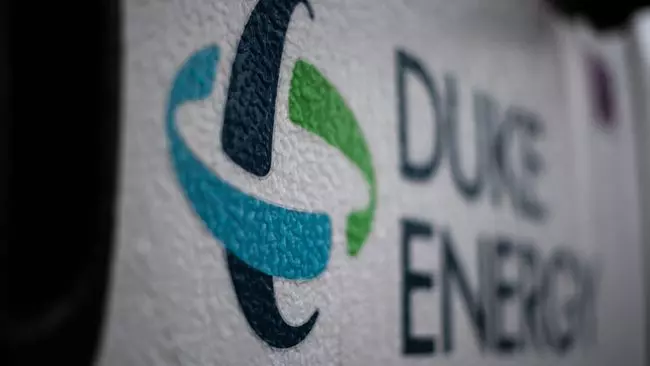
In recognition of National Fire Prevention Week (Oct. 8-14), Duke Energy is highlighting the importance of natural gas safety and reminding everyone that if you smell natural gas, get out fast!
National Fire Prevention Week is an annual observance aimed at educating the public on simple but significant steps individuals can take to keep themselves and those around them safe from home fires. As part of this campaign, Duke Energy is sharing how to recognize and react if a natural gas leak is suspected.
Train your nose: Smell rotten eggs?
Natural gas by itself has no smell. An odorant called mercaptan is injected into natural gas, giving it the distinctive smell of rotten eggs. The odor makes natural gas easy to detect and can alert the public of a natural gas leak and help avoid a potentially dangerous situation.
“Training your nose to identify the rotten eggs odor of mercaptan is the best way to detect a natural gas leak,” said Amy Spiller, president, Duke Energy Ohio and Kentucky. “Our technicians are trained to respond immediately to investigate potential leaks, so knowing the warning signs is the best defense to keep our customers and communities safe.”
Look and listen for leaks
In addition to having a distinct smell, natural gas leaks are often visual, causing bubbling water, blowing dirt or dead vegetation. You may also see sinkholes or exposed pipe. It’s also possible to hear a hissing sound near a natural gas line or meter.
Steps to take if you suspect a leak
If a natural gas odor is suspected, follow these steps:
- Leave the area immediately.
- Call Duke Energy at 800.634.4300 or call 911 from a neighbor’s house or other safe location away from the smell of natural gas.
An extra layer of natural gas safety
Installing a natural gas detector is an additional safety measure to keep residents aware of potential leaks. A natural gas detector will sound an alarm if levels of natural gas in the area indicate a leak.
If the alarm is triggered, stop what you are doing, get as far away from the smell as possible and call 911, or call Duke Energy Natural Gas at 800.634.4300.
For additional information about natural gas safety, visit the Duke Energy natural gas safety website.
Duke Energy Ohio and Kentucky
Duke Energy Ohio/Kentucky, a subsidiary of Duke Energy, provides electric service to 900,000 residential, commercial and industrial customers in a 3,000-square-mile service area, and natural gas service to 550,000 customers in a 2,650-square-mile service area, in Ohio and Kentucky.
Duke Energy (NYSE: DUK), a Fortune 150 company headquartered in Charlotte, N.C., is one of America’s largest energy holding companies. Its electric utilities serve 8.2 million customers in North Carolina, South Carolina, Florida, Indiana, Ohio and Kentucky, and collectively own 50,000 megawatts of energy capacity. Its natural gas unit serves 1.6 million customers in North Carolina, South Carolina, Tennessee, Ohio and Kentucky. The company employs 27,600 people.
Duke Energy is executing an aggressive clean energy transition to achieve its goals of net-zero methane emissions from its natural gas business by 2030 and net-zero carbon emissions from electricity generation by 2050. The company has interim carbon emission targets of at least 50% reduction from electric generation by 2030, 50% for Scope 2 and certain Scope 3 upstream and downstream emissions by 2035, and 80% from electric generation by 2040. In addition, the company is investing in major electric grid enhancements and energy storage, and exploring zero-emission power generation technologies such as hydrogen and advanced nuclear.
Duke Energy was named to Fortune’s 2023 “World’s Most Admired Companies” list and Forbes’ “World’s Best Employers” list. More information is available at duke-energy.com. The Duke Energy News Center contains news releases, fact sheets, photos and videos. Duke Energy’s illumination features stories about people, innovations, community topics and environmental issues. Follow Duke Energy on Twitter, LinkedIn, Instagram and Facebook.
Source link: https://www.duke-energy.com/







